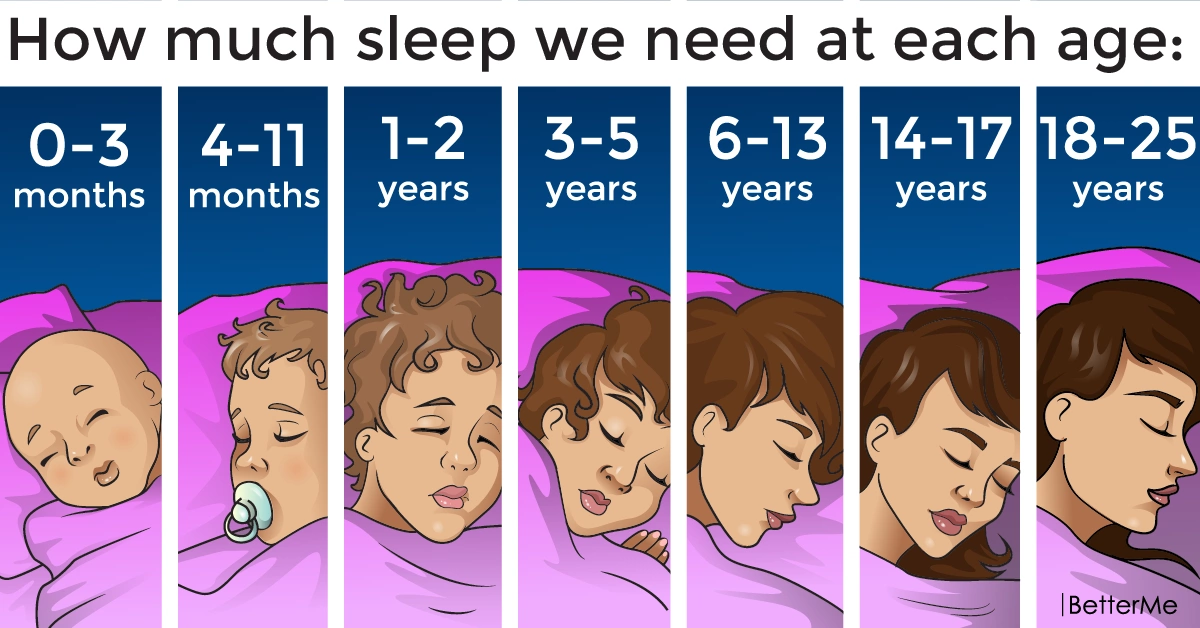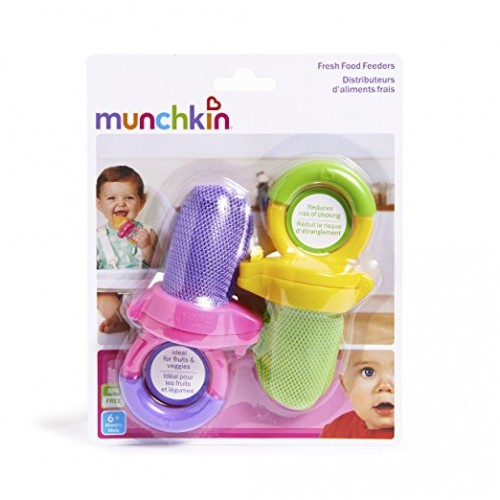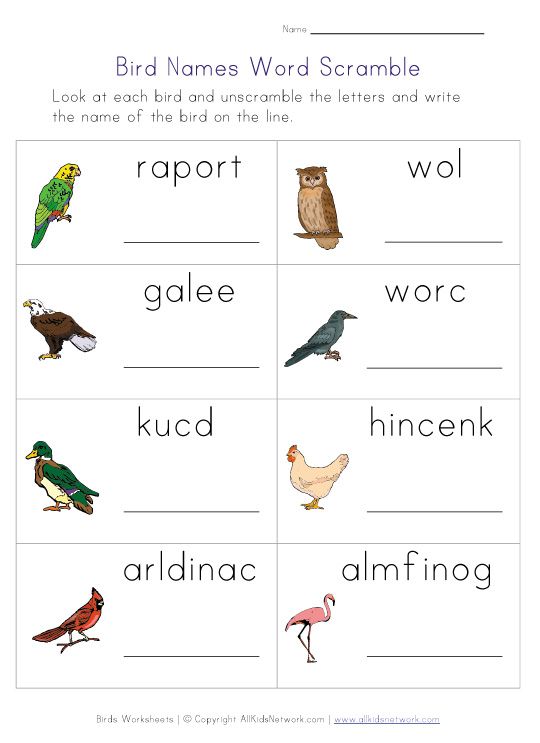Baby cries after feeding still hungry
Why Is Baby Crying After Feeding?
The question of “why does my baby cry after feeding” is a question that can typically drive mothers and parents crazy.
Oftentimes, it can be hard to know why your baby is crying after feedings. Not knowing how to identify the problem and not having a solution can have a significant effect on the physical and mental health of both your baby and the entire family. This can include increased stress, lower quality sleep, and the physical health of your baby. However, if you identify the cause and solve the problem, you will be able to significantly improve the parenting and breastfeeding experience for you and your child.
That’s why we decided to write an article on this topic – Why does my baby cry after feeding? This is an important topic and should be known by all mothers so that you can get the best results when feeding your baby.
This article will cover the following topics:
- Why Babies Cry After Feeding
- Should You Breastfeed Every Time Your Baby Cries?
- How Do I Comfort A Newborn?
Without further ado, let’s get into it.
Why Your Baby Cries After Feeding
Acid Reflux
The first major reason babies cry after feeding is known as acid reflux. Acid reflux happens when the content in the stomach gets pushed back into the esophagus.
It’s estimated that more than half of infants experience acid reflux at some point. The condition usually peaks at 4 months and goes away on its own between 12 and 18 months of age.
Some symptoms of acid reflux include:
- Spitting up and/or Vomiting
- Refusal to eat and difficulty eating or swallowing
- Irritability during feeding
- Wet burp / hiccups
- Failure to gain weight
- Abnormal arching
- Frequent coughing
- Gagging or choking
- Chest pain or heartburn
- Disturbed sleep
If acid reflux symptoms persist past 24 months, it may be a sign of gastroesophageal reflux disease (GERD) when combined with weight gain.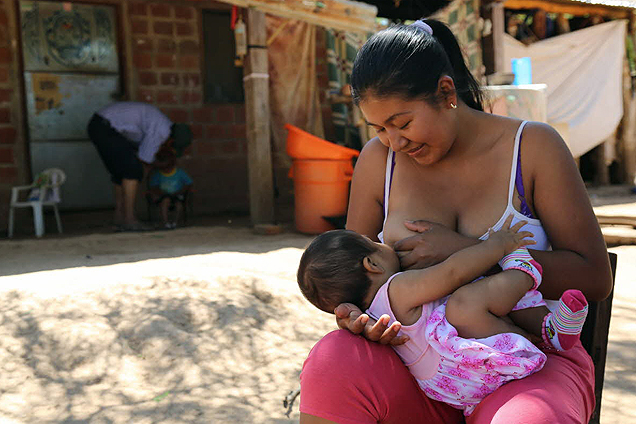
Food Sensitivity / Allergies
In addition to acid reflux, some breastfed babies may be allergic to certain food particles that their mothers are eating. According to the Academy of Breastfeeding Medicine, some of the most common foods that lead to food sensitivities and allergies in babies is cow’s milk protein in the mother’s milk, egg, corn, and soy.
Some symptoms of food sensitivities in your baby include the following:
- Extreme irritability after feedings
- Bloody stools (poop)
If your baby has the following symptoms, you should speak with your healthcare provider about getting them tested for allergies.
Additionally, you can also follow a restricted diet that removes common allergen foods such as eggs, dairy, corn, caffeine, and seeded fruit. Be sure to speak with your doctor before changing your diet significantly.
Start by eliminating one food at a time and analyze the effects of removing certain foods on your baby’s behavior.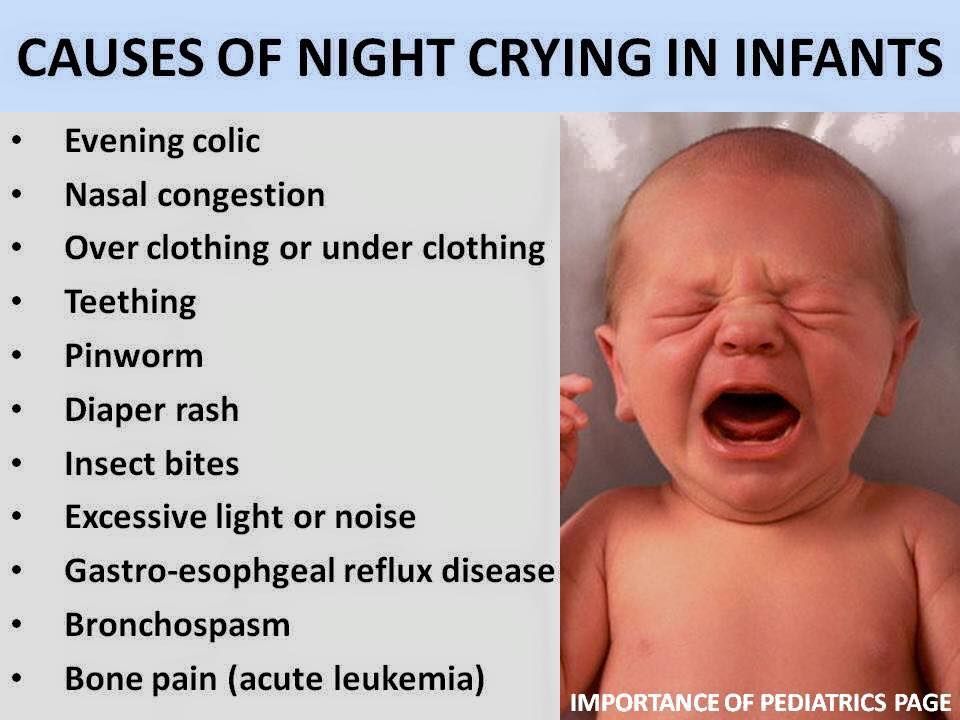 That way you can really see what effect each individual food has so you can isolate the diet problem.
That way you can really see what effect each individual food has so you can isolate the diet problem.
Gas
The next reason your baby may be crying is gas. Gas can also be known as a buildup of air swallowed while eating. In particular, bottle feeding can lead to your baby swallowing a lot of air during feeding. This will cause gas to be trapped in the stomach and will potentially lead to baby hiccups and discomfort for the baby.
In order to help prevent gassing in your baby, you may try to change or improve your breastfeeding position. Try to keep your baby upright after feeding. Also, allow your baby to burp gently from the bottom of their back and up through the shoulders to work the gas bubbles up and out of the body. Burping your baby can significantly reduce the chances of gassiness.
Formula
Not every baby gets fed directly from breast milk. For formula-fed babies, a change or switch of the formula you use may be your solution to your baby crying after feeding.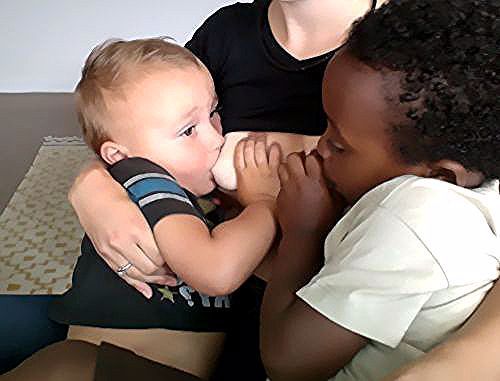
Every formula brand may affect each child differently, so trying a different formula for your baby may be a good solution to solving your babies crying problem. It is important to talk to your own baby’s pediatrician about whether some other formula options can be better for your child.
If you see no change or improvement by switching your baby’s formula, it is unlikely to help for any other brands.
Colic
Colic is also another reason why babies cry after feeding. Essentially, colic means persistent and excessive crying for a baby under 3 months old. More specifically, your baby is doing the following:
- Is crying a lot, for at least three hours a day
- The baby is crying at least three days per week or more
- Is under 3 months old
If all 3 of those boxes are checked, then your baby is likely colic.
Should You Breastfeed Every Time Your Baby Cries?
This is a question that is very popular among moms in regards to their baby and crying. For that reason, we wanted to address this directly because it seems to be a topic that is debated out there.
For that reason, we wanted to address this directly because it seems to be a topic that is debated out there.
In short, no. You do not want to breastfeed your baby every time he or she cries. Contrary to some beliefs out there, some babies cry because of a bloated stomach, gas, or some of the other reasons we talked about already in this article.
Ultimately, the best solution is to let your baby decide when she’s had enough milk. When your baby has had enough milk, it will give you signs to let you know it will be done feeding. Including stopping feeding or turning your head away.
How Do I Comfort a Crying Newborn?
Now that you know that you shouldn’t breastfeed every time your baby cries after feeding, I’m sure you’re also wondering how to comfort your crying newborn. With that being said, there are multiple ways to comfort a crying newborn when he or she cries.
Some of these ways include:
- Offer a pacifier for sucking – this can help your baby relieve stress without crying.

- Try gently rocking your baby – this can calm your baby down and relax them.
- Quietly singing to your baby – like rocking, singing may calm your baby and get them to stop crying. You can also put on a rhythmic song or music to have the same effect.
- Cuddle and hold your baby close – Touching, holding, and cuddling your baby makes your baby feel safe and secure. You can also put your baby in a blanket to get a similar effect.
- Try walking or taking your child out for a walk – this can result in a positive change in your child’s mood.
These are some of the main ways that you can comfort your baby when crying. As mentioned above, breastfeeding is not always the answer when your baby is crying. If your baby is crying and it has had enough feeding, try the things that we’ve listed above and see if it helps and improves your baby’s mood.
Why does My Baby Cry After Feeding – Key TakeawaysIf you’re thinking, “Why does my baby cry after feeding?” hopefully this article is helpful for you. Knowing why your baby cries after feeding is extremely important for the health of your child. Some reasons why your fed baby cries after feeding can include acid reflux, food sensitivity/allergy, gas, formula, or colic.
Knowing why your baby cries after feeding is extremely important for the health of your child. Some reasons why your fed baby cries after feeding can include acid reflux, food sensitivity/allergy, gas, formula, or colic.
You should not breastfeed every time your baby cries. Instead, it’s best to let the baby tell you when it’s had enough flow of milk.
It’s also important to comfort your crying newborn when he/she cries.
Knowing how to answer the question “why does my baby cry after feeding” can help your breastfeeding experience and the health of your baby. Whether it is with bottle feeding, direct breastfed babies, your baby will be better off if you understand these basics.
If you’re looking to get the best high-quality breast pump, you can order our breast pump here. We offer a wide range of pumps with a ton of different insurances. Some insurances we cover include UPMC, Tricare, Aetna, and many others.
Newborn Constantly Hungry and Crying?
Does your baby always act hungry and unsatisfied, even though he just ate? Learn 5 reasons your newborn is constantly hungry and crying.
You knew babies ate often, but this much?
Your baby eats, but then half an hour later, will start screaming and acting hungry, furiously sucking on his hand. Offering the pacifier doesn’t help—he just spits it back out and keeps crying. He might quiet down for 10 minutes, but starts crying once again.
Feeding seems to be the only thing to get him to stop, but you’re he’ll end up with a stomach ache (causing him to cry even more). You knew you’d be up all night with him, but hearing him scream the whole time is getting frustrating.
You’re left either feeding him to keep him quiet, or listening to him cry when you don’t.
Newborn constantly hungry and crying? 5 reasons why:
We’ve all been stuck with that predicament: Feed your baby constantly, or hear him cry the entire time. More than once I’ve wondered, He can’t possibly still be hungry, as I fed my baby yet again, so soon after the last feeding.
He’d act hungry even though he just ate, never satisfied with what he had consumed. In fact, he wanted to breastfeed all the time (especially at night), always hungry for his next meal.
Now, I love me a baby who wants to eat, but for the exhausted, sleep-deprived mom, it can feel like you’re literally stuck with your baby all day.
I was either feeding him or putting him to sleep in my arms, because not doing either would incite even more tears. The short bouts of time he was awake—when he could simply be content—seemed few and far between.
But as I learned more about why babies eat so often, I also discovered several tactics I could try. We can’t expect our newborns to take three square meals a day at this point, but we can certainly observe, adjust, and meet their needs along the way.
Take a look at these five reasons your newborn is constantly hungry and crying (and what to do about each one):
1. Your baby is overtired
You’d think that when babies are tired, they’d simply fall asleep right on the spot. But I learned that they can actually feel overtired from being awake too long. Nonstop crying also adds up to even more exhaustion and sleep deprivation.
But I learned that they can actually feel overtired from being awake too long. Nonstop crying also adds up to even more exhaustion and sleep deprivation.
And since feeding is such a comforting experience, they want to nurse or feed to settle themselves down—even if they had just eaten.
If you suspect that your baby is overtired, help him reset his sleep patterns and catch up on rest. The constant crying is exhausting for him as well, so try to get him to settle down and sleep. For instance, you could:
- Bundle him in a swaddle and rock him to sleep
- Hold him “skin to skin,” with his skin in direct contact with yours
- Put him in the swing for a nap
- Go for a car ride or stroller walk if he tends to sleep that way
Free download: Do you struggle with getting your newborn to sleep? His awake time just might be affecting how well he sleeps or not. Join my newsletter and get my handout—at no cost to you—and discover one mistake you may be making with his awake time.
Don’t make the same mistakes I did—help him fall asleep with this one simple trick! Download it below:
2. Your baby isn’t actually eating
Does your baby still act like he’s hungry, even though you had just fed him 30 minutes ago? Does he begin to root around, or act fussy until his next meal?
But he just ate! you think to yourself.
Or… did he?
If your newborn is constantly hungry and crying for more, it might be because he’s not actually eating while he nurses.
Now, this might not apply so much if he’s taking the bottle, especially when you can measure how many ounces he consumed. But if he happens to breastfeed, you can’t exactly see how much he drank.
Either way, try to keep him awake while he feeds, bottle or breastfed. This ensures that he’s drinking milk and not just sucking for comfort. You could…
- Switch positions often
- Tickle him
- Unbutton or remove some clothes
- Burp him during feedings
- Talk to him
How can you tell if he’s actually drinking (instead of just sucking)? Look at his throat. If he were truly swallowing, his throat would also move as the milk makes it way down. And listen for a swallowing sound, another telltale sign that he’s drinking.
If he were truly swallowing, his throat would also move as the milk makes it way down. And listen for a swallowing sound, another telltale sign that he’s drinking.
Learn how to tell if baby is hungry or wants comfort.
3. Your baby has gas
Another reason causing your baby’s discomfort—and therefore the need to comfort feed—is gas. Babies have immature digestive systems, causing them to trap gas or struggle with pushing food through their bodies.
Even though he may not be hungry, your baby feels comfort with feeding (even when he’s not actually eating).
Check with your pediatrician to rule out any significant causes of gas. If you suspect that normal gas is the culprit of his constant hunger and cries, help him relieve these discomforts. You can:
- Put a warm washcloth on his tummy for a few minutes
- Massage his belly gently
- Give him gas drops
- Burp him often
- Feed him after waking up from naps, not before
Learn 14 baby burping tricks that actually work.
4. Your baby is overstimulated
At many family parties I’ve attended, it wasn’t unusual to see a baby being passed around from one person to the next. And sometimes, the baby was fussy and crying, overwhelmed with all the new people and sights he was seeing.
We forget how easily stimulated babies can get, and not just in rowdy family parties. You might have run an errand in a loud, new place, or even played with him for long stretches of time.
To keep him from being overstimulated, watch his sleep cues or even the clock so you can put him down for a nap when he’s sleepy. You might want to go in a dark room at the first sign of a yawn, or turn white noise on to muffle sudden sounds from outside.
Keep things subdued, from what he sees and hears to where you go to how much you engage with him.
5. Your baby is going through a growth spurt
I would dart dagger eyes at anyone who suggested that my baby was hungry. As the only one who could feed him, I resented the idea of constantly nursing him every time he cried.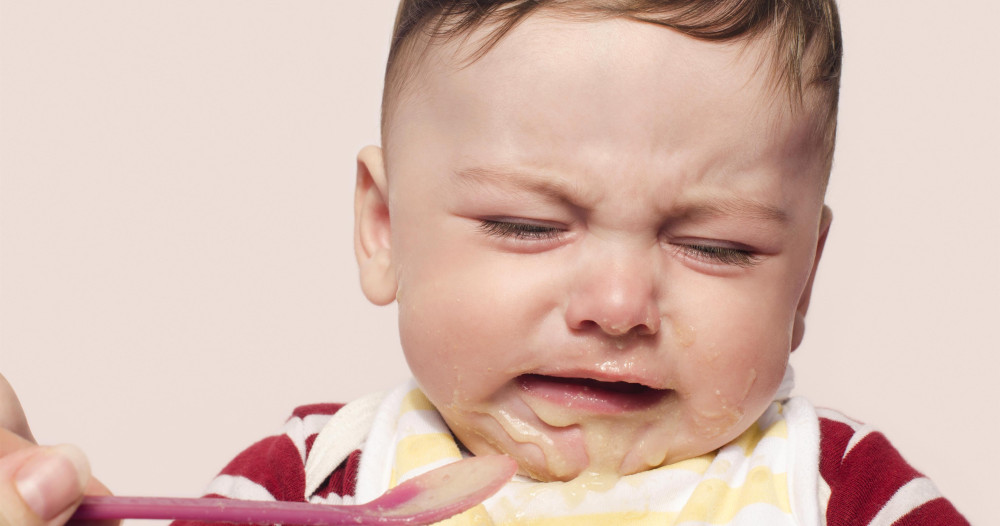
Later, when I had my twins, I learned that feeding on demand is part of the game, and more importantly, a temporary one. Just because you’re cluster feeding your baby, that doesn’t mean it’ll always be like that.
Follow his lead, especially if you’ve confirmed that he’s actually eating during those feedings. They might seem excessive, but this could be his way to increase your milk supply to meet his growing needs.
Because, at the end of the day, the reason he could be eating so often is simply because he’s hungry.
What to do when your baby is feeding every hour (and not sleeping).
Conclusion
It’s never easy dealing with a newborn constantly hungry and crying, especially when you’re not exactly sure why. And with feeding such a comforting experience, hunger isn’t always the most obvious reason. Hopefully you’ve now seen a few common causes as well as possible solutions to help.
To start, your baby could be overtired, turning to feedings as a way to comfort himself to sleep. Maybe he’s not actually eating, which explains why he’s still hungry even though it seems like he had just eaten. He could also have gas, contributing to even more discomfort as he tries to sleep.
Maybe he’s not actually eating, which explains why he’s still hungry even though it seems like he had just eaten. He could also have gas, contributing to even more discomfort as he tries to sleep.
He might be overstimulated from his surroundings, making it harder for him to tune things out and rest. And finally, he could simply be going through a growth spurt, which explains the constant feedings.
No matter the reason, rest assured friend that this isn’t permanent. You’re not always going to be glued to your baby with constant feedings. Yes, he eats often, but soon he’ll fall into a more predictable pattern of eating—and hopefully in stretches longer than 30 minutes.
Get more tips:
- Is Your Baby Nursing for an Hour and Still Hungry?
- Newborn Life: Expectation vs Reality
- 6 Ways to Handle Your Newborn Constantly Feeding
- 12 Things to Do When Your Newborn Fights Sleep
- 4 Newborn Sleep Cues That’ll Help Baby Sleep Longer
Don’t forget: Join my newsletter and get One Mistake You’re Making with Your Baby’s Awake Time—at no cost to you:
Why the baby is crying and what to do about it
September 22, 2019 Likbez Adviсe
Never rock your baby too hard!
The average child cries for 2-3 hours a day. And crying always has a reason. Most often they are quite clear: a wet diaper, approaching feeding time, or, for example, a fright caused by a new toy over the cradle. But sometimes, baby tears are a way to complain to parents about less obvious discomfort.
And crying always has a reason. Most often they are quite clear: a wet diaper, approaching feeding time, or, for example, a fright caused by a new toy over the cradle. But sometimes, baby tears are a way to complain to parents about less obvious discomfort.
Remember: a child never cries for nothing. Therefore, it is important to understand what worries him.
When to see a doctor urgently if a baby is crying
Call your pediatrician immediately if a crying baby:
- keeps crying for more than two hours;
- has a temperature above 38℃;
- refuses to eat or drink or vomits;
- does not urinate or has blood in the stool;
- does not respond to attempts to calm him down.
Various diseases can manifest themselves in this way - from influenza and otitis to concussion or digestive disorders. It is important to diagnose them in time.
If there are no dangerous symptoms, it is worth looking for the causes of crying in other, quite ordinary things.
When you can cope with crying on your own
1. The baby is hungry
Even if you feed your baby by the hour and are absolutely sure that the time for the next feeding has not yet come. The fact is that babies grow in leaps and bounds. And when the next growth spurt occurs, the child needs more food.
What to do
The first thing you do when you hear your baby crying is to take your baby in your arms and try offering him a breast or a bottle.
2. He is scared
Maybe there was a loud extraneous sound outside the window. Or the door slammed. Or maybe the kid just lost sight of his mother. Be that as it may, even tiny children can feel fear and anxiety, and tears are the most accessible way for them to show it.
What to do
Take the baby in your arms and, as in the previous paragraph, offer him a bottle or breast. Another option is a pacifier: most babies just need to put it in their mouth to calm down.
3.
 Is he hot or cold
Is he hot or cold Parents often want to wrap their baby up. This habit was given to us by evolution: for tens of millennia, keeping warm was the key to survival. But there is another extreme: moms and dads arrange a “hardening” for the child, leaving him naked in a cool room. Since there is not enough fat in the body of a newborn, the baby reacts to cold by crying.
What to do
Check that the child is not cold or overheated. Check if his legs and arms are cold. Did the hair get wet, did it turn red (these are signs that the baby is hot). If necessary, throw a blanket over the crumbs or, conversely, remove excess clothing.
4. The baby is physically uncomfortable
A full diaper is only one of the causes of discomfort that a baby may experience. It happens that other things cause discomfort. Perhaps, too tight diaper elastic rubbed the delicate skin and now this place hurts. Or, for example, between the fingers, "packed" in socks, a thread got in the way, which interferes.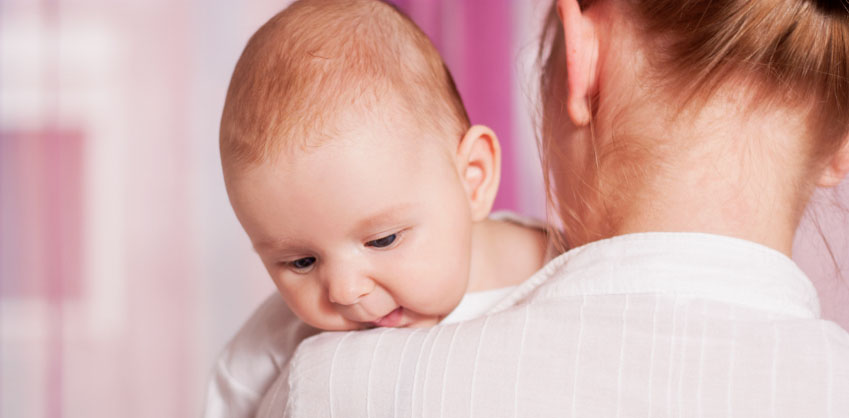
What to do
Check for redness, rash, scratches on the skin. Is the baby under pressure from clothing? In the end, is he in a comfortable position. The reason for crying is the most unexpected things: maybe because of the unsuccessfully turned head, the baby pinched his earlobe. In general, make sure that there are no physical reasons for discomfort.
5. He wants to be wrapped up
Or vice versa - to get rid of excessively tight swaddling.
What to do
Check this assumption: swaddle the baby or, on the contrary, undress him. Maybe the crying will stop.
6. He is tired
Unlike adults, overtired children tend to become fussy and irritable rather than fall asleep.
What to do
Try putting the baby to sleep. One of the most effective ways to do this is swaddling. In a diaper that restricts movement, the baby feels like in a cramped womb. This calms him down. Another option is vibration.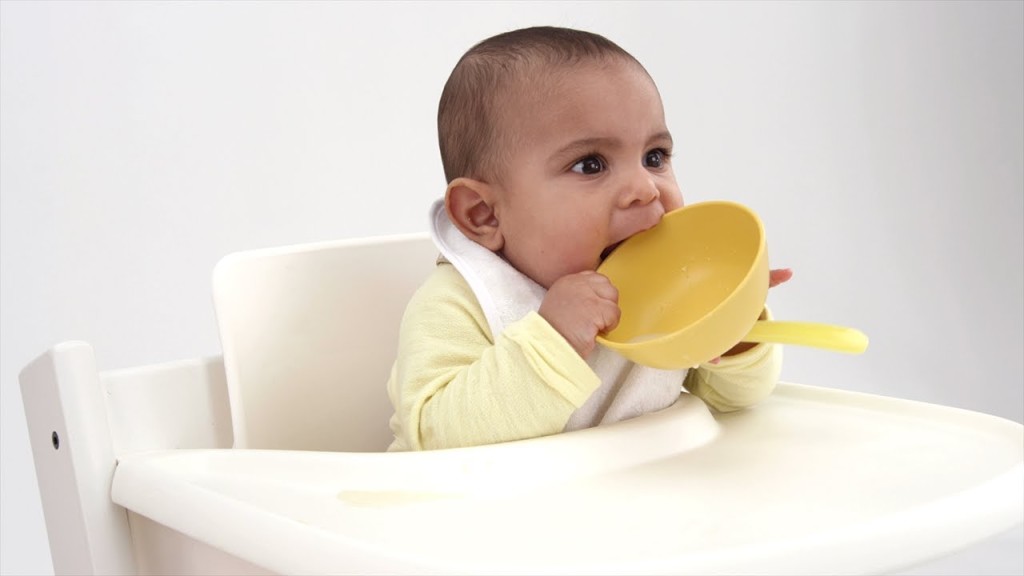 Go for a walk, putting the baby in the stroller and rocking it. Or take a ride in a car, placing the heir or heiress in the infant carrier.
Go for a walk, putting the baby in the stroller and rocking it. Or take a ride in a car, placing the heir or heiress in the infant carrier.
7. The child is under stress
Toddlers have a weak nervous system, so external stimuli - for example, too bright lights and music in the mall or screaming children on the playground - can make him feel uncomfortable and cry.
What to do
Track how your baby reacts to the fuss, noise, light around. You will quickly understand whether he likes it or, on the contrary, annoys him. If the baby is sensitive, try to limit the time you spend in noisy areas.
8. He has a stomach ache
This is a common problem faced by many babies between the ages of 3 weeks and 3 months. Pain can be caused by various factors:
- swallowed during feeding and not expelled air;
- heartburn;
- colic;
- allergy.
What to do
Remember to keep your baby upright (in a column) after feeding to help him burp up the swallowed air.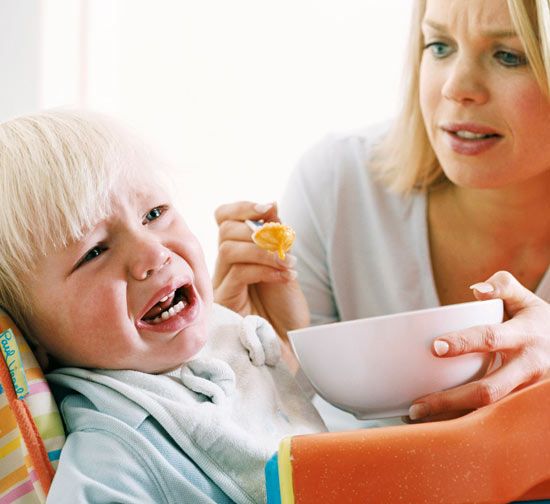 If you are bottle feeding, use a slow flow nipple.
If you are bottle feeding, use a slow flow nipple.
Colic is not associated with eating. Their causes are not yet well understood, but nevertheless they are considered a normal part of development and go away on their own by 3-4 months. To help the baby, lay him on his tummy more often, and also do a gentle massage of the abdomen in a clockwise direction.
If, despite your efforts, your baby continues to cry frequently, be sure to discuss this with your pediatrician. He may suggest that you take tests to make sure that you are not allergic to components of breast milk (mixture) or to rule out other digestive disorders.
9. He wants to sleep next to his mother
By 6–9 months, babies begin to recognize themselves as separate beings. But even as they get older, they still sometimes want to feel in their mother's arms and may refuse to fall asleep if their mother does not lie down next to them.
What to do
Here the approaches differ. So, American pediatricians believe that you should not fit next to the child or take him in your arms at the first cry.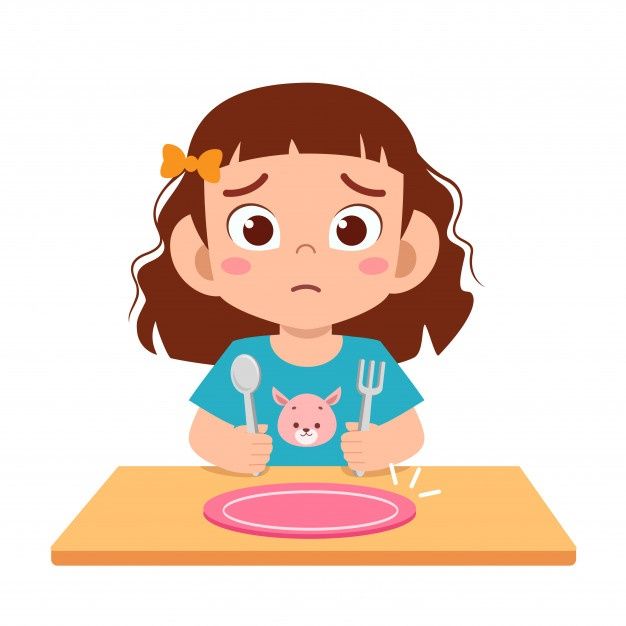 It is worth waiting a while and then letting the baby cry for longer and longer before coming to him. This is supposed to train children's self-control.
It is worth waiting a while and then letting the baby cry for longer and longer before coming to him. This is supposed to train children's self-control.
However, if you have the time and opportunity, give the baby as much attention as he wants. But do not do this by stepping over your own fatigue and other needs. The more tired the parent, the worse he takes care of the baby.
How to soothe your child
Pediatricians recommend several common ways:
- Play soft, gentle music in the baby. Perhaps a white noise generator can help you.
- Talk to the baby. The sound of a mother's or father's voice soothes and gives the baby a sense of security.
- Help the infant to change position - he may be uncomfortable.
- Take the baby in your arms and hold it against your chest. The mother's heartbeat, the smell of her skin, her breath, the close embrace - all this reminds the baby of that serene time when he was in the tummy.
How not to calm a child
Never shake him, even if he does not want to calm down, and you are very irritated. Rocking too hard can lead to the so-called shaken baby syndrome.
Rocking too hard can lead to the so-called shaken baby syndrome.
Toddlers have weak neck muscles that are not yet fully able to support their disproportionately large heads. Vigorous shaking causes the head to move back and forth sharply, and this can lead to serious head injury. It is the most common cause of traumatic death in children under 2 years of age. It can also result in developmental delays, mental retardation, seizures, or blindness.
Read also 👶😫😭
- 3 myths about parenting: what we are doing wrong
- TEST: Can you trust a child?
- An only child in the family: what science says about it
- Why do we yell at children and how to stop in time
- How to choose a stroller that is comfortable for baby and parents
Why does a baby cry - an article in the newspaper of the EMS Clinic Na Zdorovye
— The simplest answer to the question about sedatives is definitely: no. Parents should not use painkillers, sedatives, herbal “bye-bye”-fees and other means to calm the baby. In any case, until it was recommended by a neurologist after a comprehensive examination. Giving a sedative to an infant is like hiding your head under a pillow when the alarm goes off: it won't stop time and you'll be late for work anyway. You need to try to understand your baby, make sure that his most basic needs are met, and only then proceed to the exclusion of more complex and rare problems.
In any case, until it was recommended by a neurologist after a comprehensive examination. Giving a sedative to an infant is like hiding your head under a pillow when the alarm goes off: it won't stop time and you'll be late for work anyway. You need to try to understand your baby, make sure that his most basic needs are met, and only then proceed to the exclusion of more complex and rare problems.
Try to remain calm and act only in the interests of the child
Up to three weeks of age, the most common cause of constant crying of a child is simple malnutrition. A common mistake of parents is the desire to stick to the schedule when breastfeeding in the first month of a child's life. A baby can suck out 150 ml of milk in three minutes, or maybe 20 ml in an hour, and a nursing mother is not able to understand how much has been eaten by the sensations of "emptying the breast". With free feeding in the first month, record the dynamics of the baby's weight gain. When feeding on a schedule, conduct a series of control feedings with measurement of body weight before and after feeding, so you can make sure that the amount of one feeding is sufficient.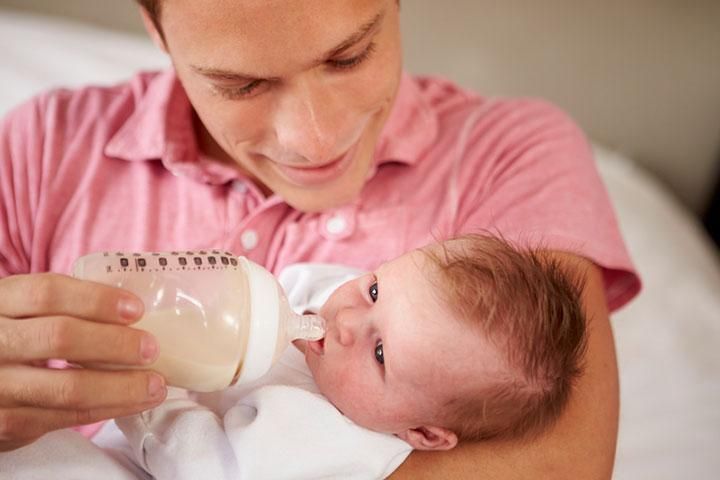 If the baby's crying stops instantly as soon as you give the breast, this is absolutely normal.
If the baby's crying stops instantly as soon as you give the breast, this is absolutely normal.
What to do if the baby cries even after you have changed the diaper, tried to feed, picked up? If this happens often and the mother does not succeed in calming the child for more than an hour, you should consult a doctor. It is not always obvious to parents, especially good ones, in what order to seek medical help: should I call an ambulance or go to see my pediatrician in a couple of days, or maybe it’s better to grab the child and the CHI policy and rush to the nearest city hospital? Try to remain calm and act only in the interests of the child. Here are some tips to help you.
- If the baby is crying and cannot be calmed for more than two hours, call emergency services. Pre-measure the baby's temperature, check for rashes on the baby's body, and remember if there was a stool within the last 12 hours. Also make sure you have enough breast milk for a single feed.
Report this information to the emergency services
- If a child often worries , sleep is short, but there is no monotonous crying-crying for more than two hours, then this can be dealt with on your own, and then with the help of a doctor at a clinic appointment or by calling him at home. The better prepared you are for your consultation, the more productive it will be. Things to do before the consultation:
- Determine breastfeeding volume by three to four checkweighs before and after feeding
- See if there is a connection between baby crying and feeding. When does the child worry and cry - immediately after eating, during feeding, an hour later, etc.?
- Recall the circumstances in which anxiety and frequent crying appeared: vaccination, errors in the mother's diet, starting to use or changing formula?
- Note accompanying symptoms and their relationship to crying: regurgitation, constipation, frequent stools, flatulence, appearance or increase of skin rash
- Assess the change in stool frequency and consistency
- Observe if restlessness and crying persist after passing stool or flatulence
- Find out if there is an effect when placing a gas tube or a glycerin suppository.
The task of a pediatrician when complaining of frequent and prolonged crying of a child is to determine why the child is crying, whether he has any disorders (including digestive disorders) and what kind they are - functional, that is, this is a conditionally normal condition associated with the growth and development of the body or a reaction to changes in external (primarily nutritional) factors, or it is a pathology that must be suspected, diagnosed and treated.
Three types of crying
Experts say that babies have three types of crying:
- Basic . This is, in fact, a means of communication between the child and others. This cry is intermittent, smooth, the sounds are not sharp.
- Angry . This is how babies cry when they really don't like something or they really want something. In this case, parents may notice how the child's facial expressions change. He roars loudly, confidently, mostly on the exhale.


